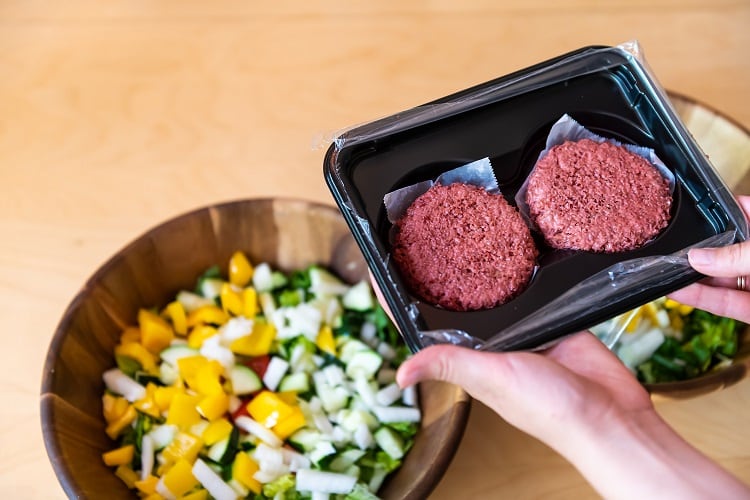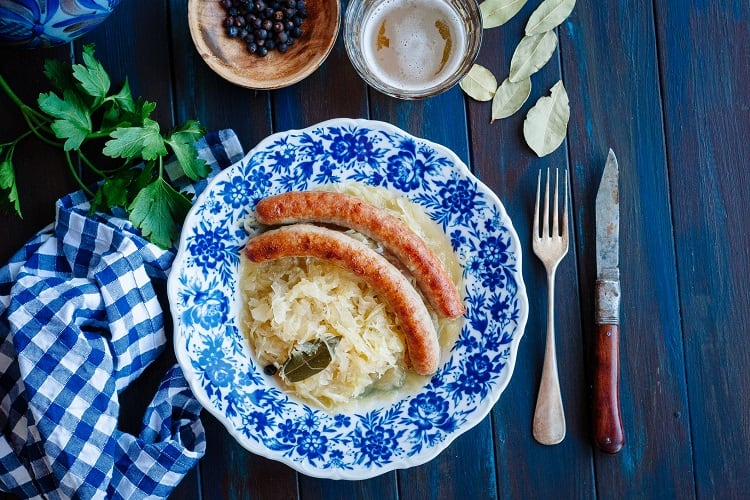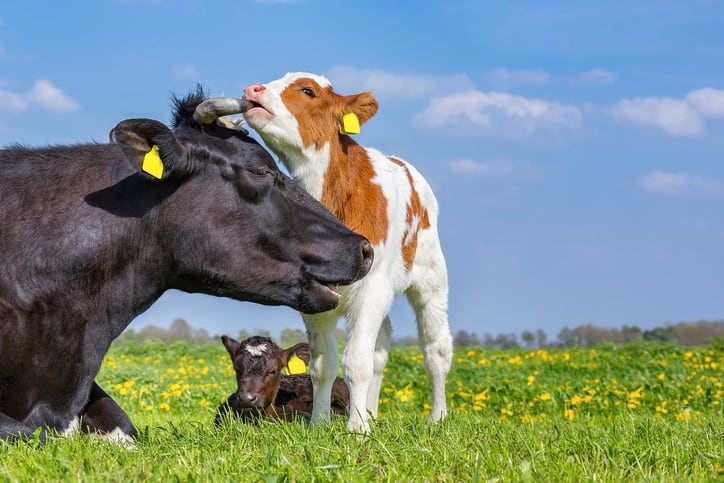Plant-based meat substitutes, from nuggets to burgers, sausages and mince, are relatively new to the mainstream.
Competing with the very established, conventional meat industry, has made cost a challenge for plant-based innovators. Back in 2019, for example, vegetarian chicken pieces were still €0.75 more expensive per 100g than their animal-based counterparts.
However, fresh research out of the Netherlands has suggested this price gap is shrinking. In 2022, meat-free chicken pieces are just €0.13 more expensive. The price difference in minced meat has similarly fallen – from €0.24 to €0.06 – in the same period.
One-third of plant-based products ‘affordable’
ProVeg Netherlands commissioned supermarket researcher Questionmark to analyse the prices of animal-based and plant-based products at Dutch supermarket chain Albert Heijn over the last five years.
The study also examined five other large Dutch supermarkets: Jumbo, Lidl, Aldi, Dirk, and Plus. Plant-based substitutes for animal-based products were analysed, including plant-based meat and fish, charcuterie, cheese, and other dairy substitutes.
The ‘lowest price gap’ was calculated for 32 different product types (the price difference per 100g between the cheapest plant-based and animal-based version).
The survey revealed that a plant-based version turned out to be cheaper than the cheapest animal version in 20% of cases. In all of the supermarkets, the cheapest soy milk and margarine products were less expensive than the cheapest milk and butter products.
In half of the supermarkets surveyed, this also applied to plant-based burgers, cheese slices, and schnitzels.
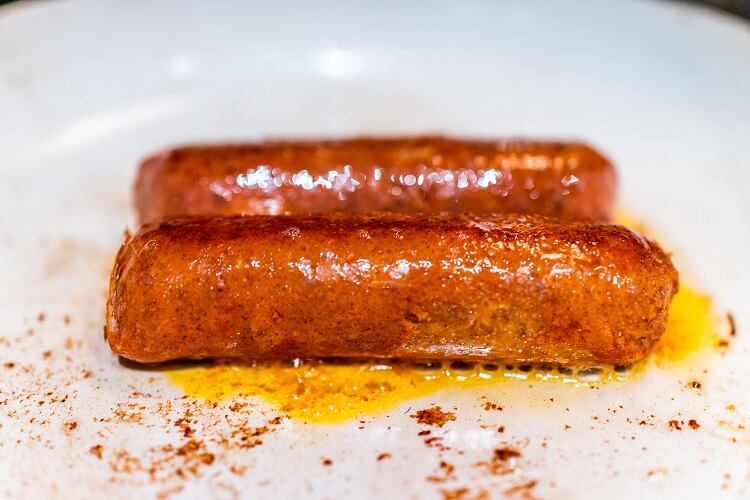
The cheapest plant-based version was also compared with the most expensive animal-based version, to see whether the plant-based product fell within the price range of animal-based variants.
Findings suggested that one-third (33%) of plant-based products analysed were classified as ‘affordable’, meaning that the cheapest plant-based variant was in the price range of available animal-based versions.
The other 47%, made up of luncheon meat, bratwurst, meatballs, fish fingers, and chicken nuggets, was deemed more expensive.
According to Pablo Moleman, food industry expert at ProVeg Netherlands, these results ‘radically break’ with the ‘established’ image that plant-based alternatives are by definition more expensive. Meat and dairy substitutes still have a reputation for being very expensive, he stressed.
“In some cases it is, but in others it is not. The Questionmark research shows that these differences more or less cancel each other out, which means that as a plant-based consumer it is not more expensive.”
Are plant-based prices coming down? Or animal prices going up?
So how is plant-based achieving near price parity with some animal-based products?
According to Moleman, there are at least a couple of factors at play. In some instances, the price of plant-based alternatives has come down, while in others, meat has increased in price.
“Both seem to be happening, one of the two being the most important factor depending on the product,” the food industry expert told FoodNavigator.
In the case of mince, for example, it is mostly a matter of meat becoming more expensive, with plant-based only becoming slightly cheaper.
In the yoghurt category, cow-based prices remain steady, while the price of plant-based alternatives is decreasing.
In milk, it is ‘a bit of both’, we were told. “The price of soy drink dropped and that of cow’s milk increased, crossing the price parity point in 2021, meaning soy is now the cheaper option.”
It is not always clear exactly why, when the price of a plant-based product decreases, this is the case. Moleman said it is likely to do with various factors depending on the product.
In some cases, it was linked to a retailer’s strategic decision to take a lower margin. For instance, both Albert Heijn and Jumbo recently lowered prices on some of the most commonly sold plant-based meats. “This is particularly apparent in the case of vegetarian chicken at Albert Heijn,” said Moleman.
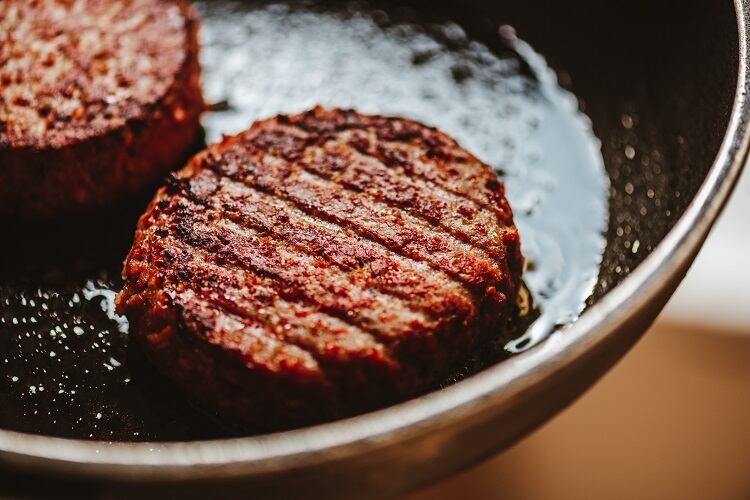
On the whole, ProVeg Netherlands’ results indicate that the most commonly sold plant-based products – including soy milk and veggie burgers, which are sold in all supermarkets – are nearing or already past price parity.
On the other hand, the more recently introduced products, or those only available at two or three chains, are still sold at a premium.
“We expect that in the next few years, prices of these will also go down as a result of scaled up production and increased competition between supermarkets,” said Moleman.
“Eventually, given sufficient scale, all plant-based products should become much cheaper than animal products because they are much less resource intensive and thus intrinsically cheaper to produce.
“Margarine is the classic example of how a plant-based alternative can surpass its animal-based predecessor and plant-based milk, which just crossed the parity point, seems 'en route' to follow that same path.”
How will the Ukraine-Russia conflict impact plant-based prices?
As the data collection for the study largely took place in January and February of this year, the possible effect of Russia's invasion of the Ukraine on food prices is not yet reflected in the study.
However, prices of plant-based ingredients such as wheat, soy and vegetable oil are all likely to be affected by the conflict, said the food industry expert. The same is true for animal feed ingredients.
“So we expect the production cost of both plant-based and animal-based to rise. However, given the lower efficiency of livestock production – much more plant-based input being required to produce a beef burger than a veggie burger – the price pressure on animal products is likely to be higher than on plant-based products.”
ProVeg Netherlands is already seeing meat producers increasing their prices as a result.
There is still a question of whether, or to what extent, supermarkets will pass on these increases to the end consumer, Moleman told this publication.
“But when they do, the result could be higher prices for both animal-based and plant-based, but a lower price difference.”


